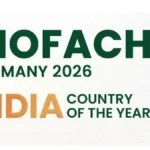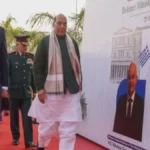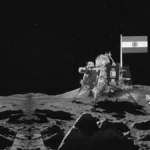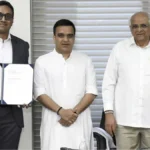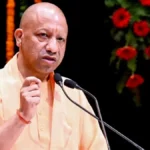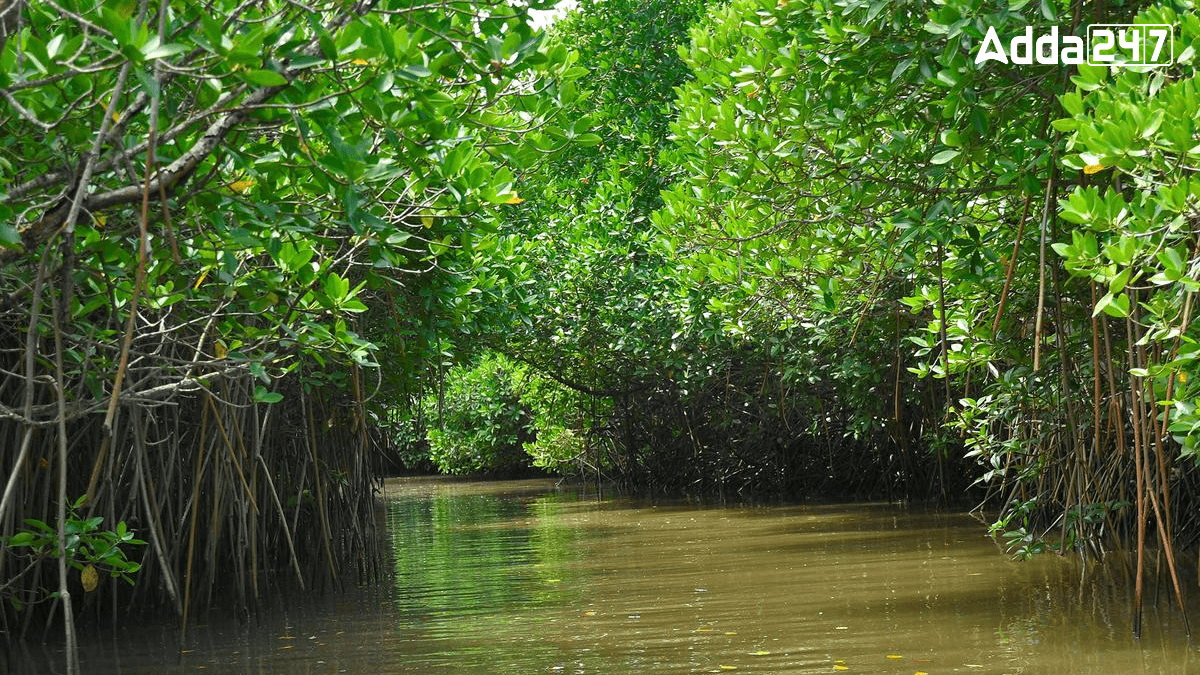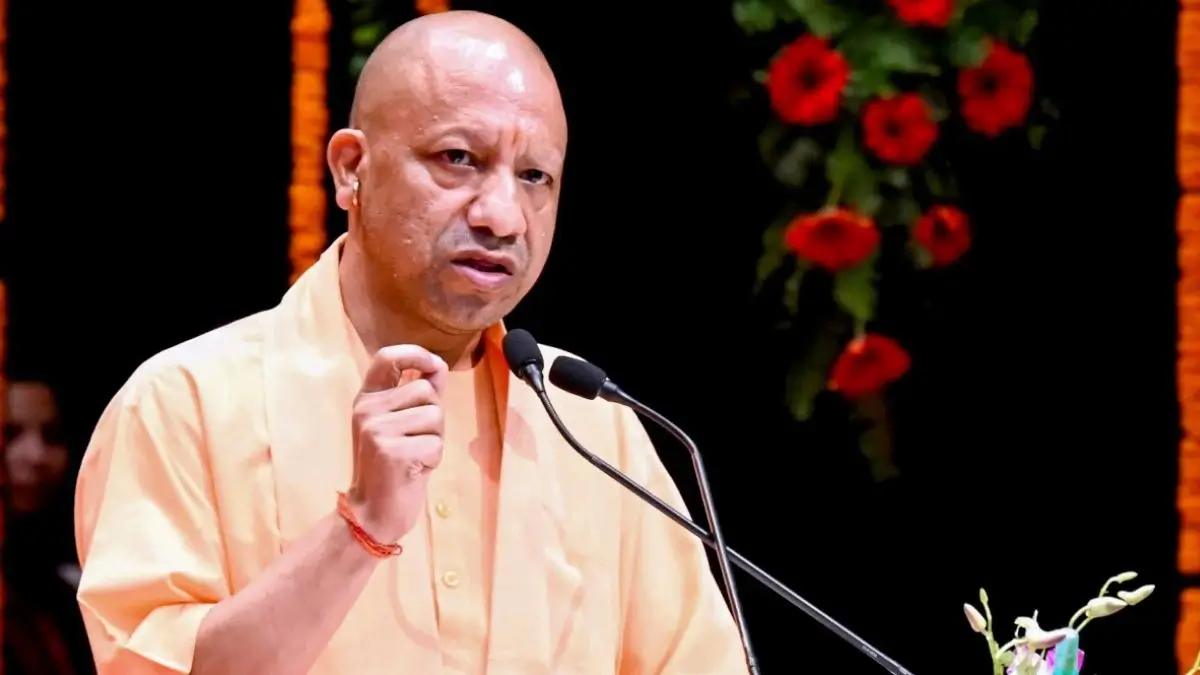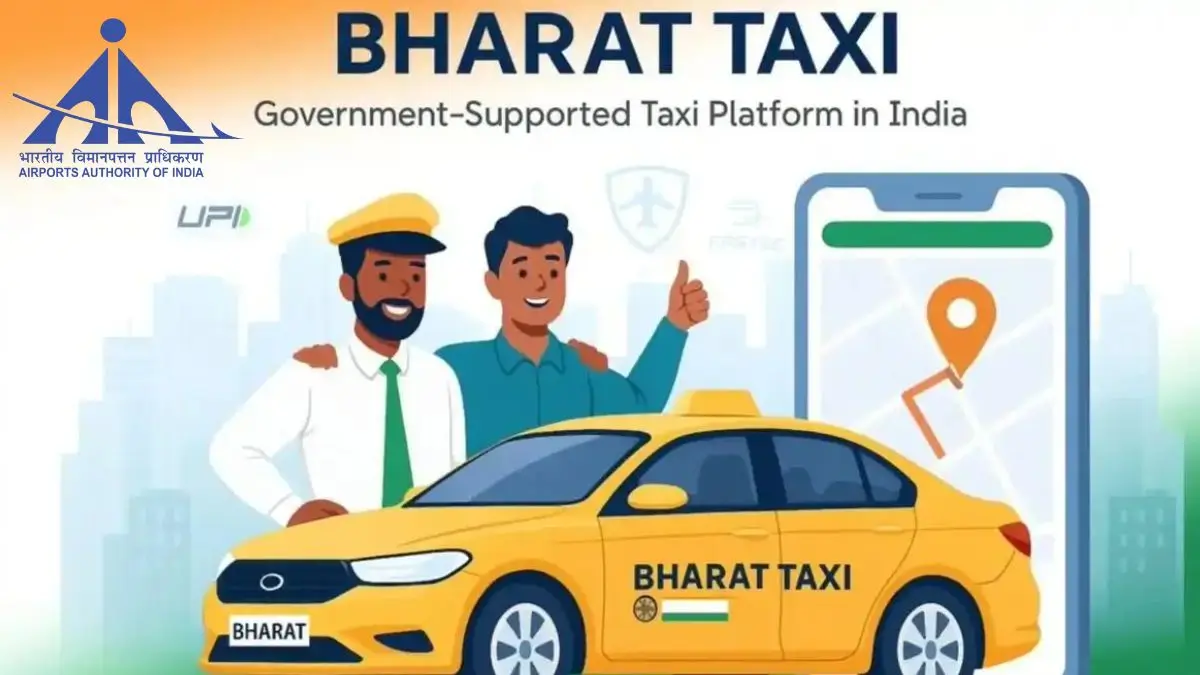Global Hunger and Poverty Alliance Launched by Brazil’s President Lula
Introduction to the Global Hunger and Poverty Alliance
Brazil’s President Luiz Inácio Lula da Silva recently launched the “Global Hunger and Poverty Alliance” at the 2024 United Nations General Assembly (UNGA) in New York. This ambitious international initiative aims to tackle two of the most pressing global challenges: hunger and poverty. The alliance seeks to unite countries, organizations, and experts to work together towards eradicating hunger and reducing poverty across the world.
Goals and Objectives of the Alliance
The Global Hunger and Poverty Alliance focuses on coordinating international efforts to provide sustainable solutions for food insecurity and poverty alleviation. The primary objectives include increasing food production, enhancing access to basic services, and promoting sustainable agricultural practices. The initiative also focuses on empowering women and marginalized communities, recognizing that these groups are disproportionately affected by hunger and poverty.
Key Players and Supporters
The alliance has garnered support from several nations and international organizations, with Brazil playing a central role in leading the charge. President Lula emphasized the importance of solidarity and cooperation among countries, highlighting Brazil’s commitment to supporting developing nations in their fight against hunger. The alliance seeks to foster collaborative action between governments, civil society organizations, and private sector entities to achieve its goals.
Strategies for Achieving the Alliance’s Goals
The strategies include increasing agricultural productivity through technological advancements, ensuring fair access to markets, and improving global trade systems that support food security. Additionally, the alliance will address climate change, recognizing its significant impact on food production and the livelihoods of vulnerable populations. The initiative also underscores the need for education, especially in rural areas, to enhance knowledge about nutrition and sustainable farming.
Conclusion
President Lula’s initiative is a timely and necessary step toward addressing global hunger and poverty, especially in the context of rising inequality and climate change. By bringing together a diverse set of actors and resources, the Global Hunger and Poverty Alliance is poised to make a substantial impact on global efforts to eradicate hunger and poverty.

Why This News is Important
Global Hunger and Poverty are Escalating Challenges
The launch of the Global Hunger and Poverty Alliance is critical because hunger and poverty continue to affect millions of people worldwide. According to the UN, nearly 690 million people are still hungry, and over 700 million people live in extreme poverty. Addressing these issues has never been more urgent, especially with the impact of climate change, economic inequality, and ongoing global conflicts.
International Collaboration for Sustainable Solutions
The alliance is an example of how global cooperation can tackle complex, interconnected problems like hunger and poverty. President Lula’s call for solidarity and the involvement of multiple stakeholders—governments, international organizations, and the private sector—is a strategic approach that maximizes the impact of resources and expertise. By aligning countries and institutions, the alliance creates a unified front to address these challenges.
Empowering Vulnerable Communities
The alliance’s emphasis on empowering women, marginalized groups, and rural communities is crucial. These groups often face the highest rates of poverty and hunger. By prioritizing their involvement, the alliance ensures that the solutions are inclusive and address the root causes of inequality. Empowerment through education, access to resources, and participation in decision-making will play a key role in the success of this initiative.
Long-Term Impact on Food Security
The alliance’s goal of ensuring sustainable agricultural practices and increasing food production is essential for long-term food security. As the global population continues to grow, it is vital that food systems are resilient and capable of meeting the nutritional needs of all people. The alliance’s focus on technological innovation, climate resilience, and fair trade will contribute significantly to building sustainable food systems.
Historical Context
Brazil’s Role in Global Hunger and Poverty
Brazil has long been a key player in global efforts to combat hunger and poverty. Historically, the country has faced challenges with food insecurity, especially in rural and marginalized regions. However, over the past few decades, Brazil has made significant strides in reducing poverty through programs like “Bolsa Família” and “Fome Zero” (Zero Hunger), which have helped millions of Brazilians access basic necessities. These experiences have shaped President Lula’s approach to global issues of hunger and poverty.
Global Efforts Against Hunger and Poverty
The United Nations has set global targets for eradicating hunger and poverty, notably under Sustainable Development Goal 1 (End Poverty) and Goal 2 (Zero Hunger). Despite progress, both issues remain significant barriers to global development. The 2024 launch of the Global Hunger and Poverty Alliance aligns with the UN’s broader goals, marking a new phase in international efforts to tackle these persistent challenges.
The Impact of Climate Change
The growing impact of climate change on food systems and poverty is a central concern in the alliance’s mission. Extreme weather events, such as floods, droughts, and storms, have exacerbated food insecurity and poverty, especially in developing countries. The alliance’s focus on sustainable practices and climate resilience is a direct response to these challenges, aiming to protect vulnerable communities from further harm.
Key Takeaways from the Global Hunger and Poverty Alliance
| Serial No. | Key Takeaway |
|---|---|
| 1 | The Global Hunger and Poverty Alliance was launched by Brazil’s President Lula at the 2024 UNGA to tackle global hunger and poverty. |
| 2 | The alliance seeks to unite countries, organizations, and experts to address hunger and poverty through sustainable agricultural practices and inclusive policies. |
| 3 | Key goals include increasing food production, enhancing access to basic services, and empowering marginalized communities, especially women. |
| 4 | The alliance will leverage international collaboration between governments, civil society, and the private sector to maximize its impact. |
| 5 | Addressing climate change is a critical component of the alliance’s strategies, focusing on sustainable practices and resilience in food systems. |
Important FAQs for Students from this News
What is the Global Hunger and Poverty Alliance?
The Global Hunger and Poverty Alliance is an international initiative launched by Brazil’s President Lula at the 2024 UNGA to address global hunger and poverty. It aims to unite countries, organizations, and experts to find sustainable solutions to these global challenges.
What are the key goals of the Global Hunger and Poverty Alliance?
The main goals of the alliance include increasing food production, improving access to basic services, empowering marginalized communities, and fostering sustainable agricultural practices to combat hunger and poverty worldwide.
Which countries and organizations are involved in the alliance?
Brazil has taken a central role in launching and leading the alliance, with several other countries, international organizations, and private sector entities offering their support. The alliance encourages global collaboration to ensure its success.
Why is empowering women and marginalized communities a priority for the alliance?
Women and marginalized groups are disproportionately affected by hunger and poverty. By prioritizing their empowerment, the alliance seeks to address the root causes of inequality and ensure that solutions are inclusive and sustainable.
How does the alliance plan to address climate change in relation to hunger and poverty?
The alliance recognizes the significant impact of climate change on food security and poverty, especially in vulnerable populations. It promotes sustainable agricultural practices and climate-resilient solutions to protect food systems from extreme weather events.
Some Important Current Affairs Links




